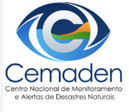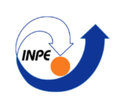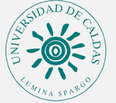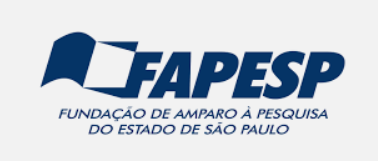FAPESP project - Grant number: 2021/07660-2
Voices in Recovery
The project
Voices for Recovery is a plurinational, interdisciplinary partnership that focuses on understanding and supporting the recovery needs of socially, politically, and physically marginalized Latin America communities. We will work in places highly vulnerable to recovery challenges compounded in the shadow of the pandemic, not just because of the disease's impact, but because its social implications intersect with multiple and ongoing risks associated with ethnic marginalization, conflict, poverty, displacement, and degradation, environment, and natural hazards. Our objective is on the recovery narratives created by and for such communities. We seek to understand what is highlighted and overlooked in public discourse about the community need, their values and prioritize in light of their lived experiences. But our proposal goes much further than asking research questions and will be rooted in participation and action, using creative artistic approaches to reinforce the articulation of people's rights and needs during and after the pandemic. Our phased research and impact activities aim to strengthen local networks; existing capacities to voice concerns; challenge prejudices, and realign recovery priorities. We will work mainly in Brazil, Colombia, and Peru, where we propose two scales of work: a macro-scale investigation through case study territories using mixed qualitative and quantitative methods; and a series of micro-scale studies, based heavily on ethnographic and participatory research approaches. This will be complemented by work on an international scale, integrating research findings with broader studies on inequality, participation, well-being, and the intersection of risk and pandemic recovery in Latin America and the world. The proposal covers four key challenges identified in the Call to RRR, and closely matches priorities 5.1 and 5.3 of the “UN Research Roadmap for COVID-19 Recovery”. It builds directly on our recent work on trajectories and representations of disaster recovery and interlinks with ongoing collaborative research and action activities generated by each of the partners with marginalized communities.








